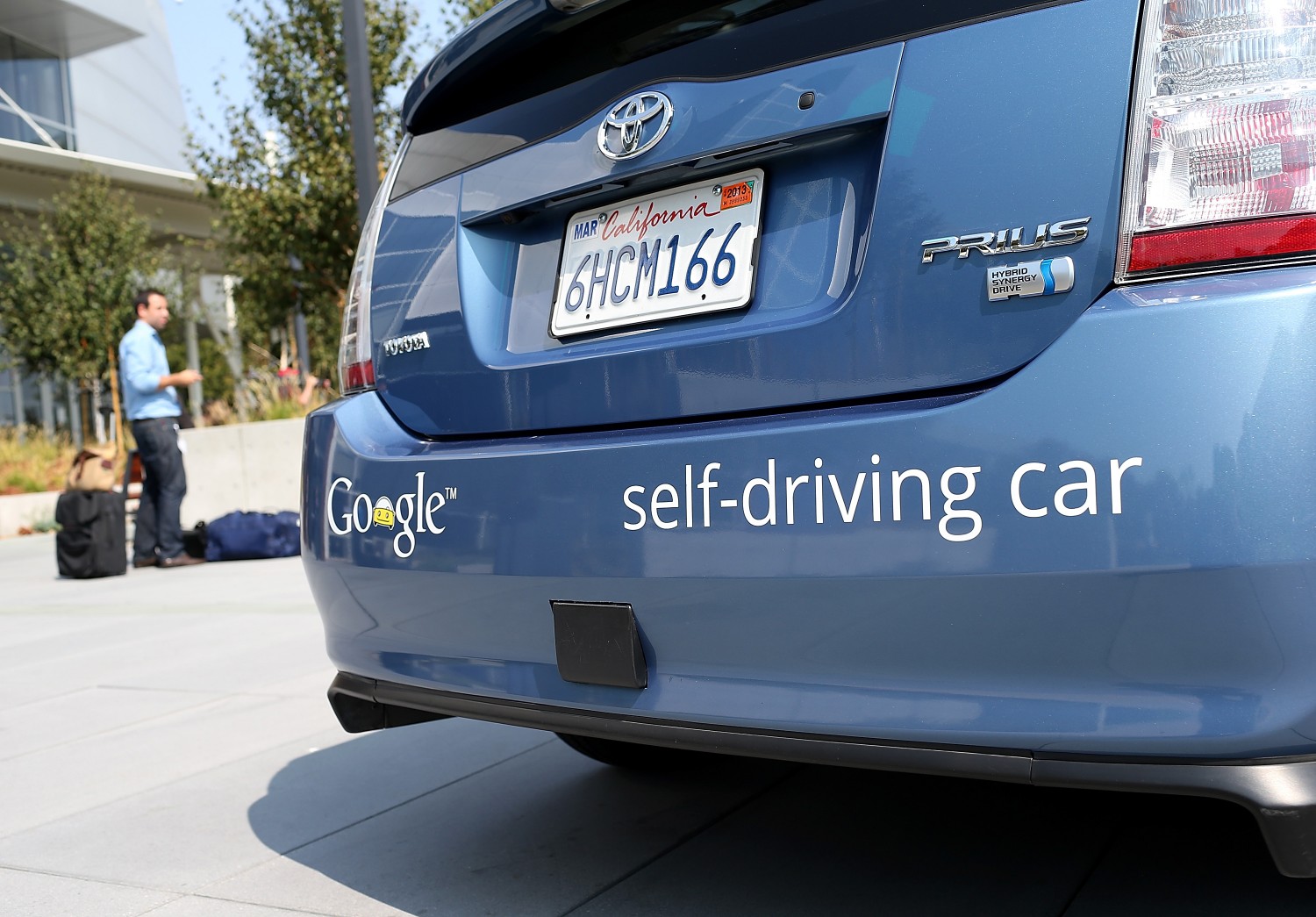How would you like to not worry about driving to work or to a friend’s house, while also saving money? According to a new forecast, that could be real life in just a handful of years.
A new analysis from RethinkX, a technology think tank, predicts that by by 2030, most of the U.S. will be using autonomous vehicles—aka self-driving cars—instead of driving ourselves.
And this new technology could save families money—up to $5,000 a year by RethinkX’s calculations. The cost to order a ride wherever we need to go will be much cheaper than paying for insurance and wear and tear on our own vehicles.
RethinkX describes itself as an independent think tank focused on the various ways technology will disrupt how we currently do business.
Switch to Autonomous Vehicles
The group projects that 2030 is the key date, because it’s about 10 years after most analysts believe autonomous vehicles will be on the road. By this time, “95% of U.S. passenger miles traveled will be served by on-demand autonomous electric vehicles owned by fleets, not individuals, in a new business model we call ‘transport-as-a-service’ (TaaS),” they write.
That means we’ll all be counting on a service like today’s Uber or Lyft for our route to work, school and errands. Without a vehicle of our own, getting anywhere we need to go will be as simple as opening up an app and then getting picked up by a driverless vehicle.
As RethinkX itself points out, critics have voiced some doubt about whether the autonomous car market will move quite as fast as they’re projecting. However, most experts believe there’s no denying we’re moving toward more driverless cars in the next decades.
Saving Money, Increasing Convenience
This change will help American families save money on transportation, too.
“The average American family will save more than $5,600 per year in transportation costs, equivalent to a wage raise of 10%,” according to RethinkX.
The increase in disposable income will make a huge difference to the economy, they predict.
Think about the time spent driving to work or, even, the hours spent heading out of town for a weekend. That time becomes useful time when you’re not watching the road and looking out for deer. Instead, you could be getting more work done or spending more quality time with the people you’re traveling with. The report projects that “productivity gains as a result of reclaimed driving hours will boost GDP by over $1 trillion.”










